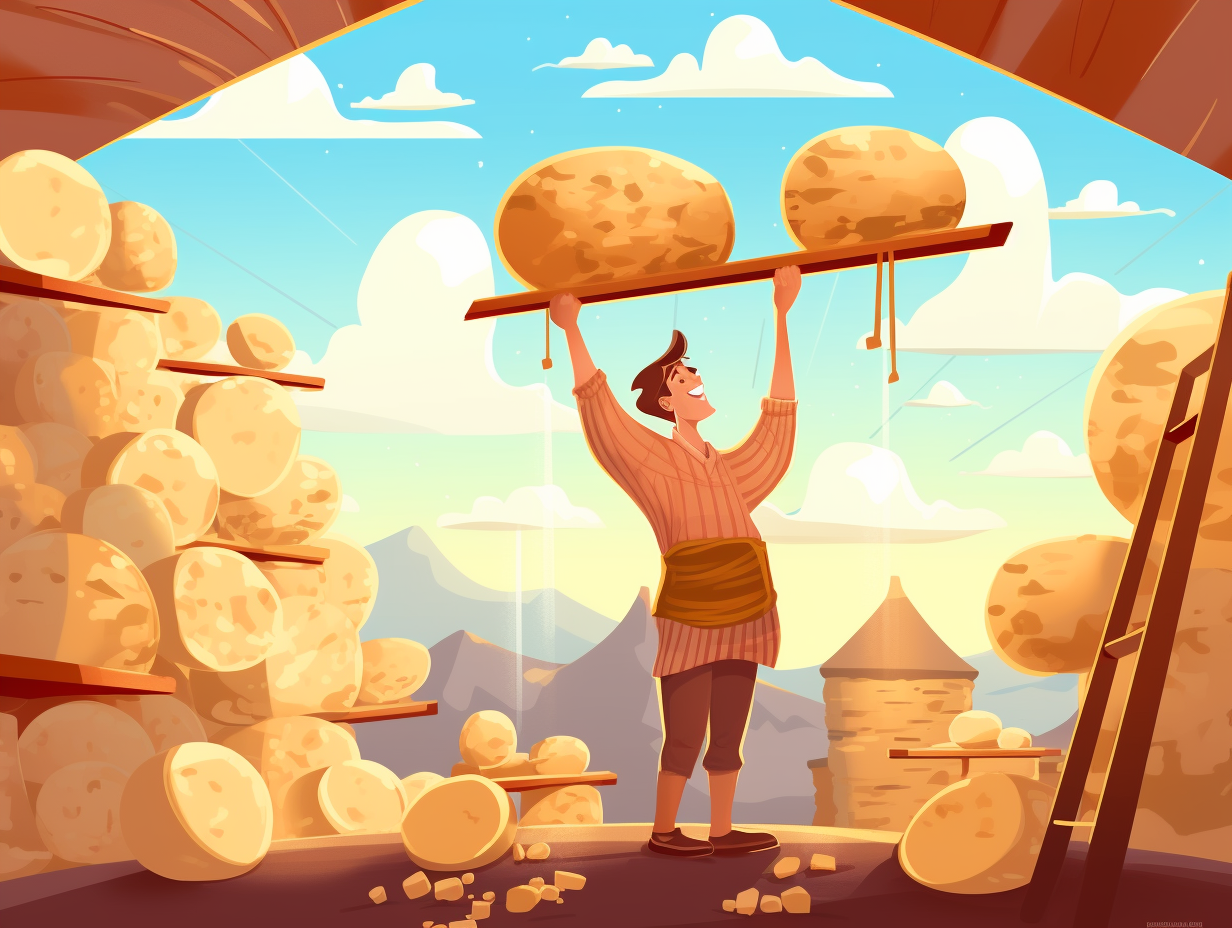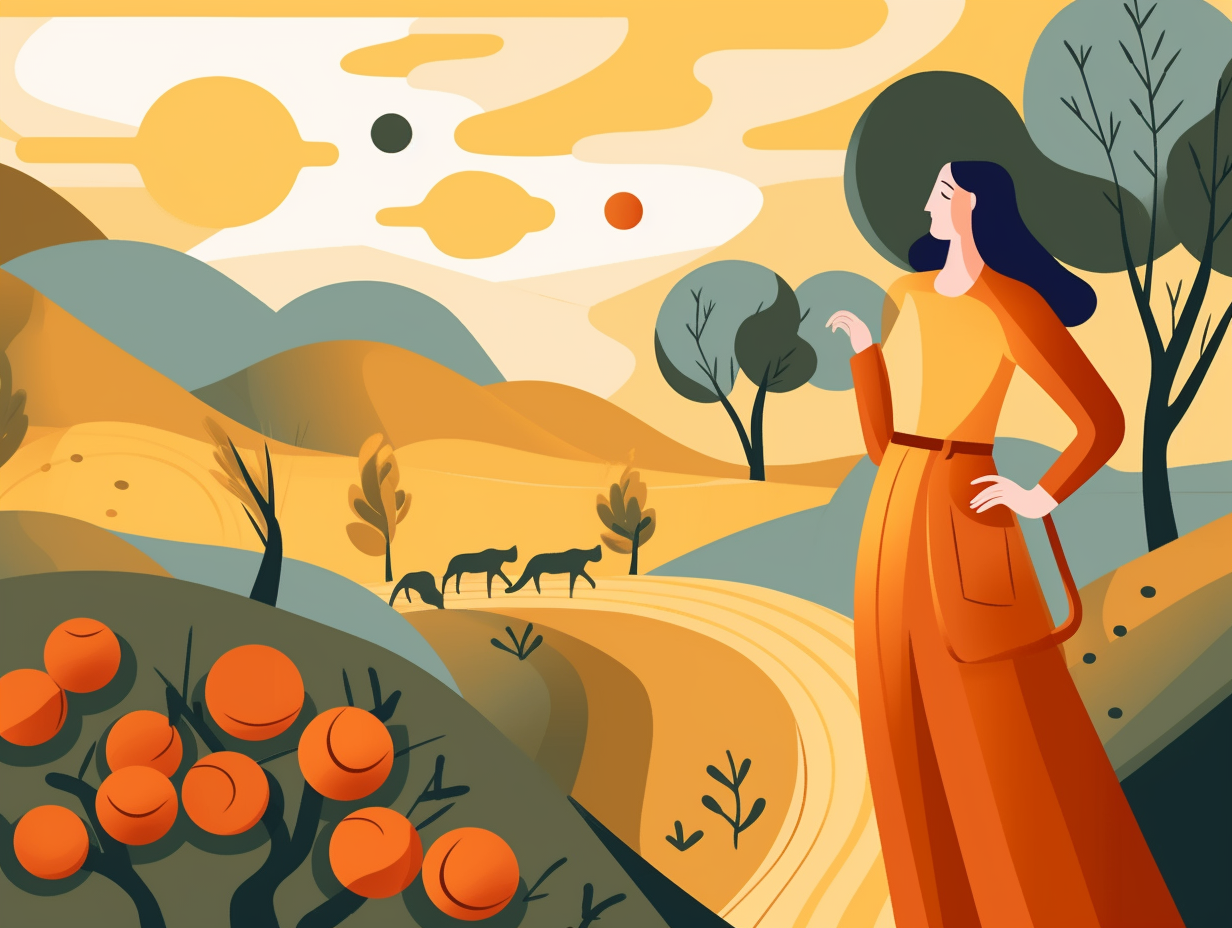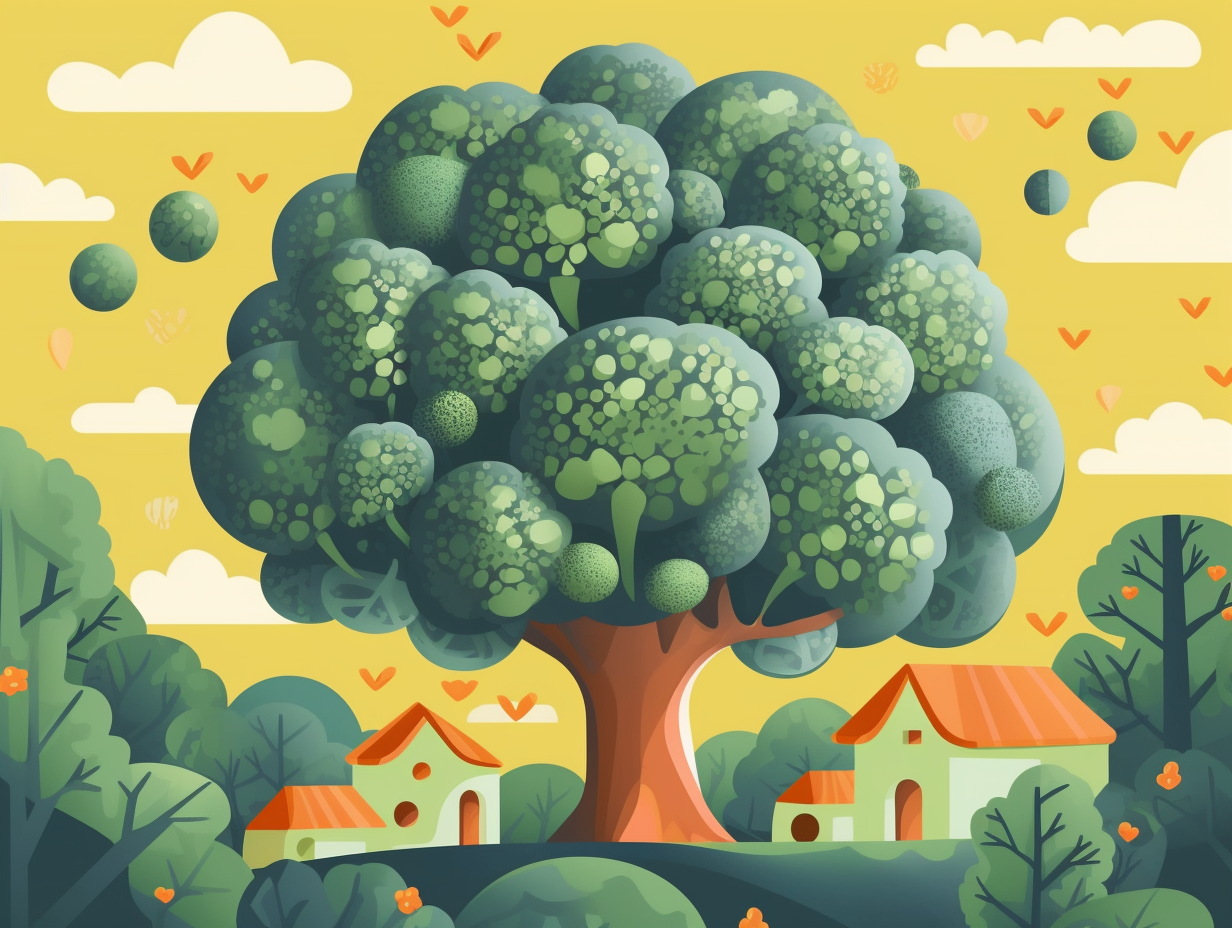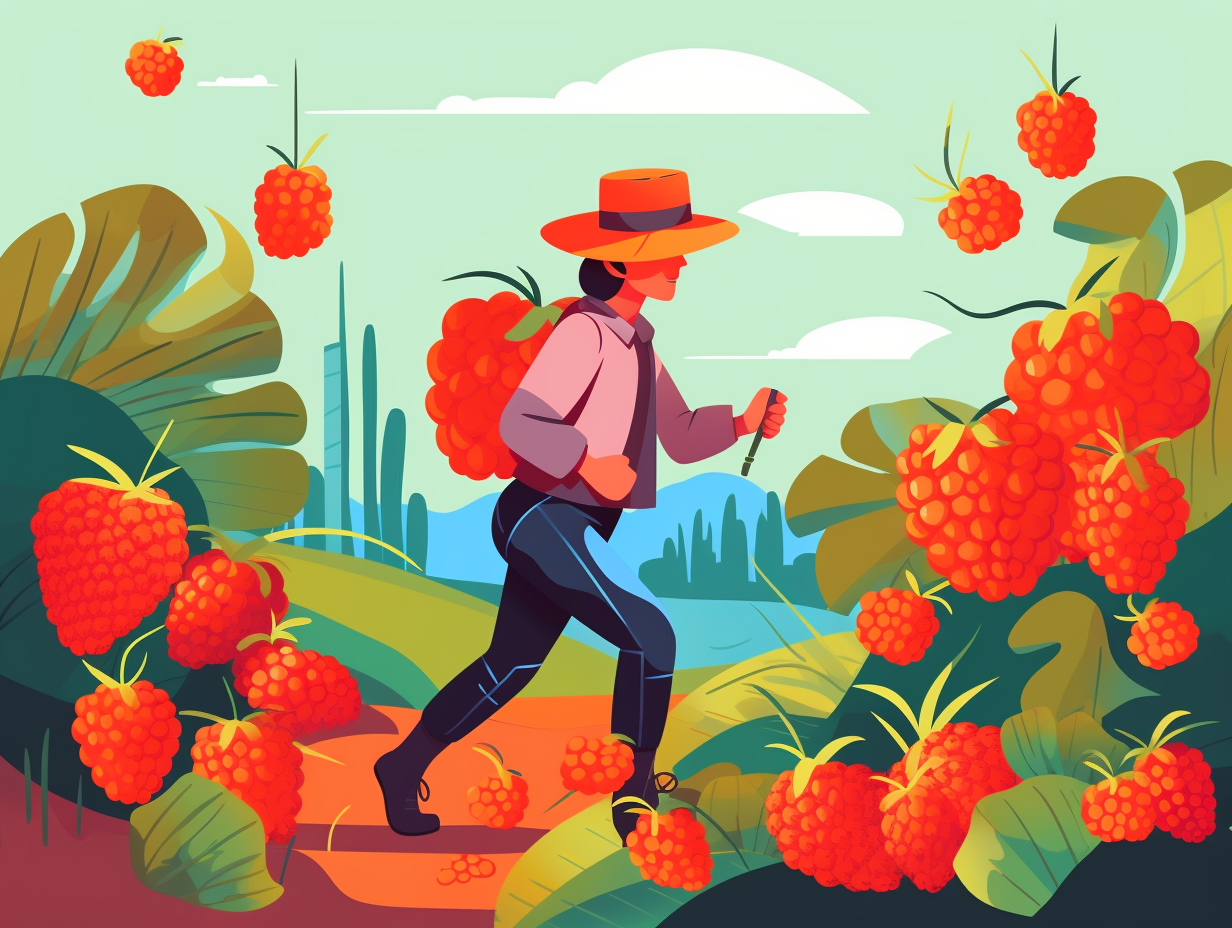Discover the Flavor: Top 10 Fun Facts About Mustard You Never Knew!

1. Condiment King: Mustard's Royal Culinary History
Gassing up the flavor train with a chemical twist: mustard, a condiment made from ground mustard seeds, vinegar, and spices, shares its name with mustard gas, a deadly chemical compound used as a weapon, but has a delightful culinary history dating back to ancient Rome and popular with French King Louis XI, who had court mustard makers adding zing to the royal cuisine.
Source => en.wikipedia.org
2. Mustard Seeds: Dormant Superheroes of Flavor
In the realm of spicy secrets, mustard seed is the stealthy superhero with a mild-mannered disguise who saves your taste buds from culinary boredom: Mustard seeds can lie dormant for up to 3 to 4 years, losing their potency and flavor over time, but when stirred into cold liquid, their secret spicy prowess kicks in and transforms your dishes into flavor-packed adventures worthy of applause.
Source => stilltasty.com
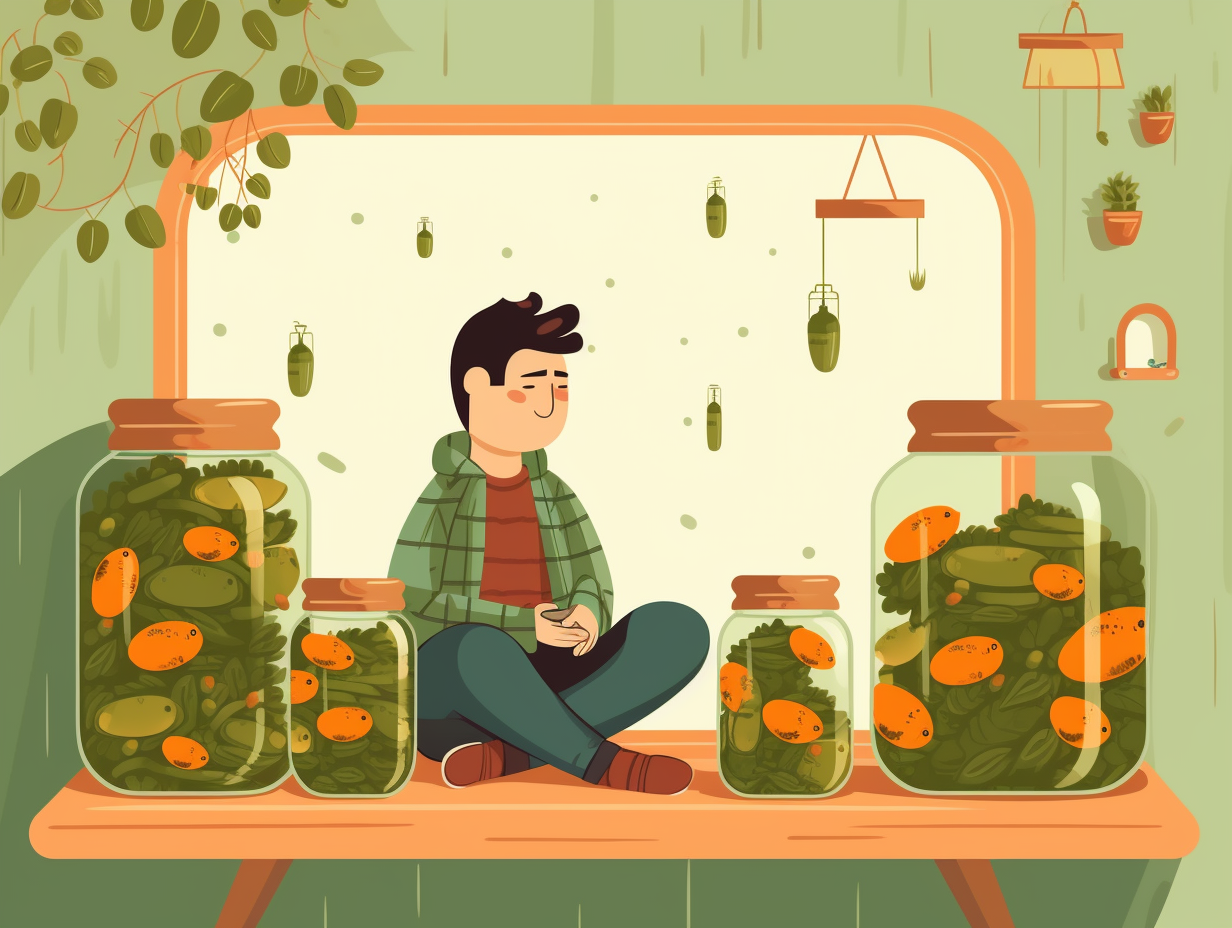
Did you know pickles were preserving freshness since 2,000 BCE? Discover the ancient art of pickling and its flavorful benefits with cucumbers, eggs, and more!
=> Fun Facts about Pickles
3. Mustard: A Humble Hotdog's Friend to French Toast's Accomplice
Feeling spicy and vinegary with a pinch of bourgeoisie? Time to relish the contrasting world of mustard – from a humble hotdog's best friend to a classy French toast's partner-in-crime: Yellow mustard is made with powdered yellow mustard seeds and vinegar, while the sophisticated Dijon mustard, created in 14th-century France, uses brown or black mustard seeds and white wine, with famed brand Grey-Poupon adding a delectable market zing in 1866.
Source => allrecipes.com
4. Allyl Isothiocyanate: The Spicy Sophisticate in Mustard's Family
Feeling the heat in the mustard family reunion: Allyl isothiocyanate, the zesty and sophisticated cousin of wasabi and horseradish, brings its snazzy spiciness game to mustard, giving our sandwiches that tingling kick in the sinuses instead of the fiery capsaicin found in chili peppers.
Source => spicyexchange.com

5. Dr. Mustard: Medicine Man's Secret (and Unconfirmed) Weapon
Mustard ain't just for plastering onto your ballpark frank; it's been the medicine man's secret weapon for centuries: From Greek physician Dioscorides' inflammation-reducing poultices in the first century CE, to African lactation stimulation, Native American headache and toothache remedies, and even a syphilis treatment in Java, mustard's versatile healing applications span the globe – though modern science hasn't caught up to confirm all its magical properties just yet.
Source => herbalgram.org
6. Mustard's Historical Healing Hype: From Greeks to Queen Victoria
Move over, Dr. Mustard, Medicine Man: Mustard has been praised for its medicinal properties since ancient times, with Greeks and Romans using it for alleged healing effects, such as curing snakebites and even bubonic plague. As time went on, the spicy condiment grew in popularity – French Monks cultivated it in the ninth century as a moneymaker, and by 1886, Queen Victoria even had her own personal mustard maker whipping up her favorite blend.
Source => slurrp.com
7. Goldilocks and the Three-Seed Spice Game
Mustard's heat levels play a game of "Goldilocks and the Three Seeds": Yellow seeds are mild little babies, brown seeds pack some punch, and black seeds bring the fire to make you wish for a glass of milk! But wait, there's a plot twist: The true heat of mustard seeds only awakens when doused with liquid – a chemical romance that determines how much agony or ecstasy your taste buds shall endure. Behold the secret sauce: Yellow seeds are mildest, while brown and black seeds provide a spicier kick; but it's the acidity of the liquid they're mixed with that really makes these mustard-y fire-breathers bellow their flavor.
Source => seriouseats.com
8. Hair Care Plot Twist: The Mustard Oil Culprit
Hair today, mustard tomorrow: Did you know that the unassuming condiment, mustard oil, can double as a hair conditioner that gifts you luscious locks, protected against frizzy nightmares and hair breakage? But beware, you mustn't let this zesty elixir find its way into your mouth as the FDA deems it unsuitable for ingestion due to its high erucic acid content, linked to health risks in animal studies. So stick to blessing your tresses, and leave that mustard oil off your plates!
Source => healthline.com
9. Undercover Softies: Mustard Seeds' Spiciness Exposed
Plot twist in the condiment chronicles: mustard seeds are undercover softies! That's right, the tongue-tingling tang is all a facade. Here's the spicy scoop: originally, mustard seeds boast a bitter and nutty flavor that takes the stage only after some good ol' grinding and soaking in liquid. In fact, the spiciness escalates from zero to hero depending on the shade of the seed and its liquid teammate - black or brown with cold water for that fiery twist, or yellow with vinegar for a milder disposition.
Source => washingtonpost.com

10. Move Over Bubble Bath: Mustard Bath Benefits Unveiled
Ditch the bubble bath and pass the condiments, folks: turns out that mustard baths have proven to increase circulation, oxygenation, and toxin elimination in the body, while also relaxing muscles and soothing skin, effectively reducing the toxic load stored in tissues throughout.
Source => organicauthority.com
Related Fun Facts

